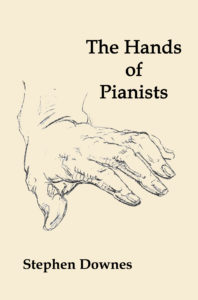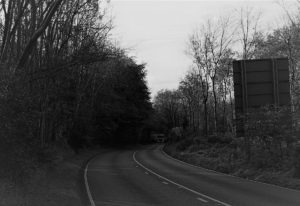 A publisher who helped to launch the careers of several distinguished writers, Hilary McPhee believes my debut novel The Hands of Pianists is ‘perfectly poised between silences and sounds, music-making and conversation’.
A publisher who helped to launch the careers of several distinguished writers, Hilary McPhee believes my debut novel The Hands of Pianists is ‘perfectly poised between silences and sounds, music-making and conversation’.
She said she ‘loved its utter lack of pretension’.
I’m delighted with the high praise, of course. With business partner Diana Gribble, Hilary launched Helen Garner, among other fine writers, via their imprint McPhee Gribble.
Hilary’s endorsement complements Peter Craven’s critique on Saturday in The Weekend Australian. Peter described my book as a ‘dark, dazzling drama about the melodramatics melancholy can engender, written with absolute gravity, grace and a moody, constantly surprising sense of wonderment’. In Hands, art and life come to an ‘unholy hectic collision’.
Peter describes the flywheel of the narrative, the accident with a circular saw that destroyed the narrator’s sister’s keyboard career. The narrator seeks absolution by investigating the deaths at 31 of three great pianists. He is obsessed, persistent and neurotic. The result is a ‘complexly variegated detective story’, Peter thought. And how can its author hold the tale together? He achieves this goal, writes Peter, by being a ‘master of lunacy’.

The photograph above, which appears in the book, is of the bend in a Sussex road at which the great New Zealand pianist Richard Farrell lost his life in a motor accident in 1958. The Ford Zephyr convertible in which Farrell was a passenger, left the tarmac, was airborne over the verge, and hit a tree at considerable speed. The coroner ‘wondered why the accident happened at all’. The narrator of Hands is tempted to blame it on pianos.
Hands is available at online bookshops at a variety of prices.